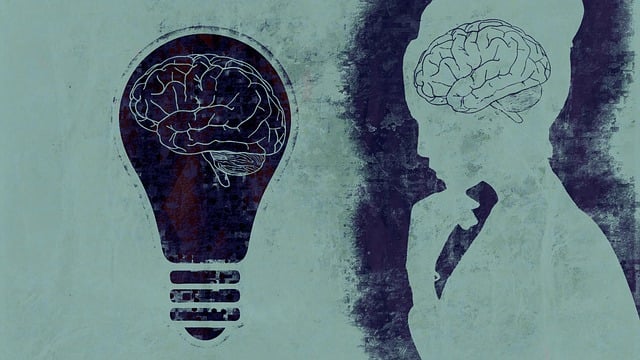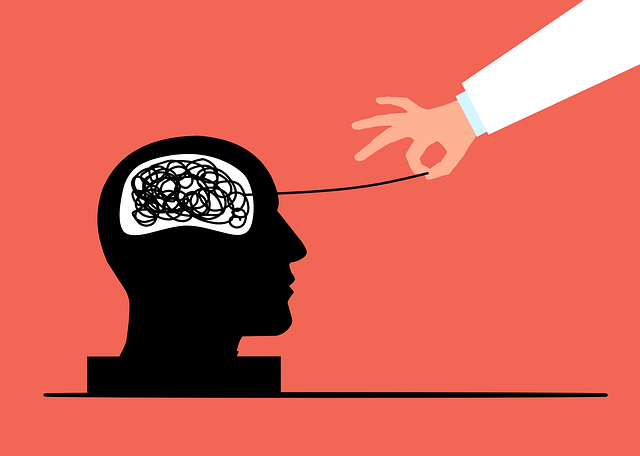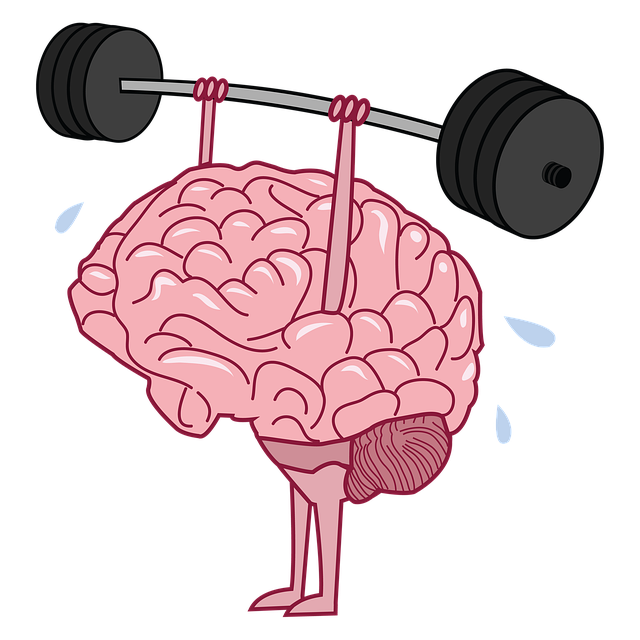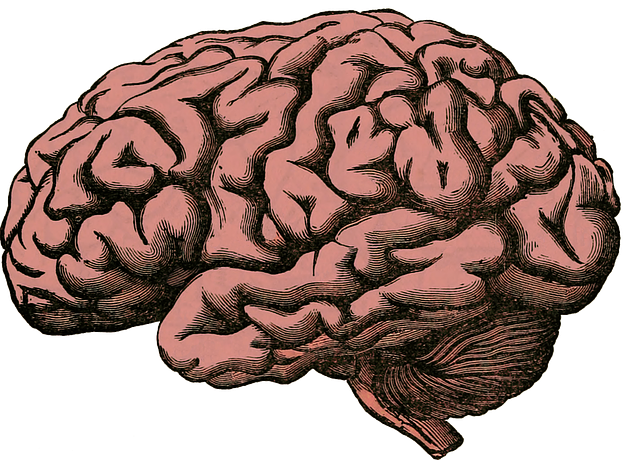Mental wellness journaling is a powerful tool gaining popularity in Highlands Ranch Functional Neurological Disorder Therapy. By documenting thoughts, feelings, and experiences in a structured format, individuals enhance self-awareness, manage stress, and support their overall mental health. Regular journaling promotes therapeutic outcomes, reduces burnout, and fosters personal growth, making it an invaluable practice for both professionals and those seeking treatment for functional neurological disorders.
Mental wellness journaling is a powerful self-care practice that can transform your mental health journey. In this guide, we explore how expressive writing can be a game-changer for managing stress and improving overall well-being. From understanding its benefits for conditions like functional neurological disorders in Highlands Ranch to creating a personalized journaling routine, you’ll discover techniques to unlock your mind’s potential. We provide prompts and strategies to make journaling an accessible and effective tool for enhancing your mental wellness.
- Understanding Mental Wellness Journaling
- Benefits of Journaling for Neurological Disorders
- Creating Your Journaling Practice
- Effective Techniques and Prompts for journaling
Understanding Mental Wellness Journaling

Mental wellness journaling is a powerful tool for self-reflection and growth, offering individuals a private space to explore their thoughts and emotions. It involves documenting experiences, feelings, and insights in a structured manner, often with specific prompts or guided exercises. This practice has gained significant traction in Highlands Ranch Functional Neurological Disorder Therapy as a means of enhancing mental health and overall well-being.
By engaging in regular journaling, individuals can develop a deeper understanding of themselves, identify patterns in their mental health, and cultivate positive thinking. It encourages self-awareness, helping to recognize triggers for stress or anxiety and promoting better risk management planning for mental health professionals. Mental health education programs design often incorporate journaling as a therapeutic technique due to its versatility and ability to foster personal development, making it an invaluable addition to anyone’s wellness routine.
Benefits of Journaling for Neurological Disorders

Journaling has emerged as a powerful tool in the realm of mental wellness, offering significant benefits for individuals navigating neurological disorders like those seeking Highlands Ranch Functional Neurological Disorder Therapy. By putting pen to paper (or fingers to keyboard), people can explore their thoughts and emotions, fostering self-awareness and providing an outlet for expression. This practice is particularly effective in managing conditions that often come with heightened stress levels and cognitive challenges.
Regular journaling can serve as a form of therapeutic expression, helping individuals process complex feelings, reduce burnout, and implement effective stress reduction methods. It encourages active participation in one’s mental health journey, allowing for a more profound understanding of personal experiences. Moreover, cultural competency training for healthcare providers recognizes the value of journaling as a complementary practice, enhancing patient care and outcomes, especially when incorporated into traditional therapy approaches.
Creating Your Journaling Practice

Creating your journaling practice is a powerful way to invest in your mental wellness, especially for those navigating conditions like functional neurological disorder (FND) in Highlands Ranch. Start by setting aside a dedicated time each day or week that feels manageable within your routine. Choose a space where you can be undisturbed and truly present—whether that’s a quiet corner of your home or a peaceful outdoor spot.
Consider using prompts to guide your journaling, especially if you’re new to the practice. These can help foster introspection and self-expression. For instance, reflect on your day through questions like “What made me smile today?” or explore your emotions by writing freely about what’s weighing heavily on your mind. Incorporate communication strategies into your journal entries by jotting down any unspoken thoughts or feelings that may be hindering your mental wellness. Remember, the goal is to create a safe and supportive space for yourself where positive thinking can flourish.
Effective Techniques and Prompts for journaling

Journaling is a powerful tool for self-reflection and emotional regulation, especially beneficial for individuals managing conditions like functional neurological disorders (FNDs). For those in Highlands Ranch seeking effective therapy for their FND, incorporating journaling into their routine can offer significant support. Here are some techniques and prompts to enhance this practice:
Engage your senses by describing your surroundings, emotions, and physical sensations. For instance, “Today, the sun felt warm on my skin as I walked through the park, lifting my spirits.” This technique encourages mindfulness and self-awareness, aiding in mood management. Additionally, writing about personal experiences without judgment allows individuals to process traumatic events or challenging situations associated with their mental illness, fostering a sense of control and reducing stigma. Over time, these entries can serve as a reference for tracking progress and identifying patterns. The process of reflecting on one’s feelings, thoughts, and behaviors is instrumental in developing self-acceptance and promoting positive mental wellness coaching programs.
Mental wellness journaling can be a powerful tool for anyone seeking to improve their mental health, including those navigating functional neurological disorders (FND) in Highlands Ranch. By dedicating time to reflect and express thoughts through structured practices, individuals can enhance self-awareness, process emotions, and even find new insights. The benefits of journaling extend to improved cognitive function, reduced stress, and better overall well-being. Incorporating effective techniques, such as guided prompts and consistent routines, allows for a tailored journaling experience that supports individual growth and recovery. Embrace this practice as a way to nurture your mind and take an active step towards managing mental wellness.














